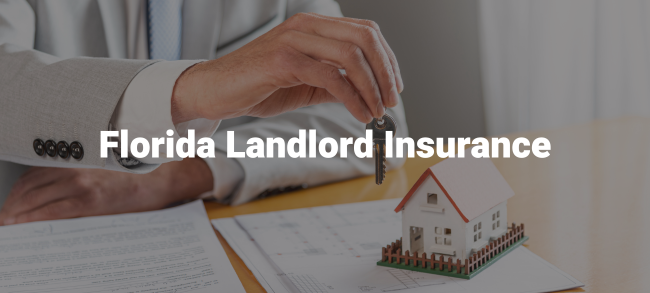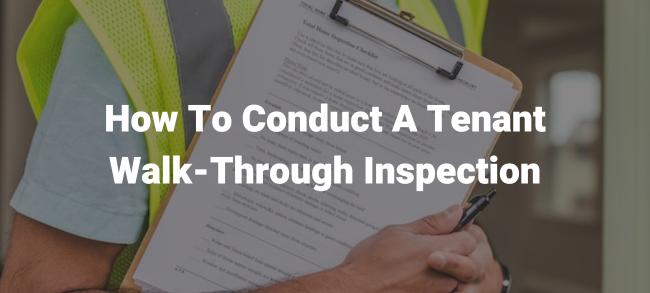How to Know if Your Rental Meets Safety Standards
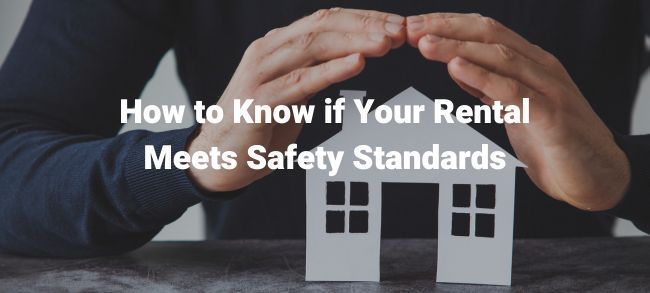
As a responsible landlord, your top priority is to provide your tenants with a safe and secure place to call home. Beyond the legal obligations that come with property ownership, ensuring the safety of your rental property is not only ethically important but also a fundamental aspect of your long-term success in the real estate business.
A well-maintained, safe, and compliant rental property attracts tenants and minimizes the risk of costly legal issues down the line. By the time you finish reading this guide, you will be well-versed in the essential safety standards, codes, and practices that can make or break your rental business.
Smoke Detectors and Carbon Monoxide Alarms
Smoke detectors and carbon monoxide alarms serve as the foundational pillars of fire safety in your rental property. Ensure that smoke detectors are positioned in every bedroom, outside sleeping areas, and on every level of your rental property. As for carbon monoxide alarms, adhere to manufacturer recommendations, typically placing them near sleeping areas and on each level.
Regular testing of these devices is imperative to verify their functionality; this can be easily accomplished by pressing the test button provided. If feasible, interconnect your smoke detectors and carbon monoxide alarms to create a network where the activation of one alarm triggers the others, ensuring that all occupants receive early warnings.The body content of your post goes here. To edit this text, click on it and delete this default text and start typing your own or paste your own from a different source.
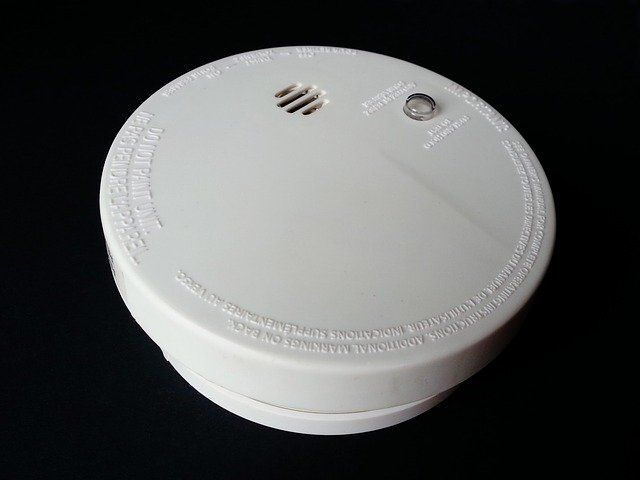
Keep in mind that these devices have a limited lifespan, usually around 10 years, so replacing them as necessary is essential to maintain their effectiveness and safeguard your property and its occupants effectively.
Electrical Systems
Regular inspections of the property’s wiring should be conducted to identify potential hazards. Pay close attention to signs of damage, exposed wires, or overheating. Additionally, the installation of Ground Fault Circuit Interrupters (GFCIs) in areas prone to moisture, such as kitchens and bathrooms, is a critical safety measure.
GFCIs promptly cut off power in the event of an electrical fault, preventing electric shocks and potential fires. Furthermore, routine circuit breaker maintenance is essential. Periodically check your circuit breaker panel for signs of overheating, corrosion, or tripped breakers.
Ensure that circuits are properly labeled for easy identification during emergencies. Tenants should be educated on how to safely respond to power outages, electrical shocks, or other electrical issues. Immediate reporting of problems to a qualified electrician is essential to address issues promptly and avoid potential hazards.
Plumbing and Water Safety
Regular inspections for leaks and water damage are essential preventive measures. These inspections should include checking for dripping faucets, running toilets, and any signs of water damage to walls, ceilings, or floors. Properly functioning plumbing fixtures, including faucets, showerheads, and toilets, not only contribute to water efficiency but also reduce the risk of leaks and wastage.
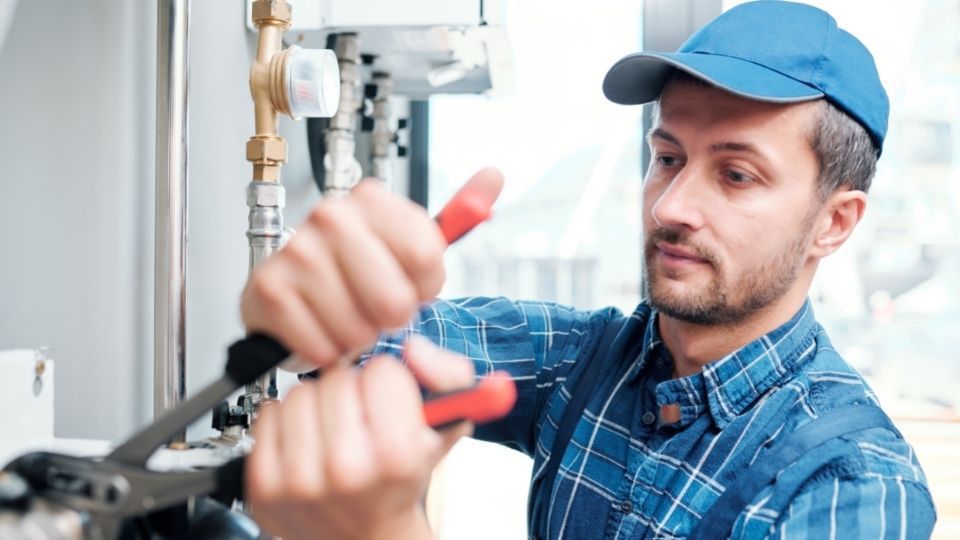
Water heater safety is another crucial aspect, involving regular maintenance, checking for temperature and pressure relief valve functionality, and addressing any unusual noises or leaks. For older properties, it's imperative to address potential lead and asbestos concerns, especially in plumbing materials. Ensuring that plumbing components are free from these hazardous materials is vital for tenant health and safety, and local regulations may also require it.
Structural Integrity
Ensuring the structural integrity of your rental property is not just a matter of safety but also a safeguard for your investment. Begin by conducting thorough building inspections and assessments periodically, preferably with the assistance of a qualified professional. Moreover, pay particular attention to roof and foundation maintenance. Leaky roofs and cracked foundations can lead to extensive water damage and compromised structural integrity. Regular inspections and timely repairs are key here.
Home Security
Don't overlook the significance of window and door security, as these entry points are critical for both safety and protection against intruders. Robust locks and secure frames can provide tenants with peace of mind. You can also consider adding a home security systems and outdoor, motion sensor lighting to ensure tenants comfort and safety.
Pest Infestation Prevention
Pest infestations can be a major headache for landlords and a source of discomfort for tenants. Implementing effective pest prevention measures is crucial for maintaining a safe and habitable rental property.
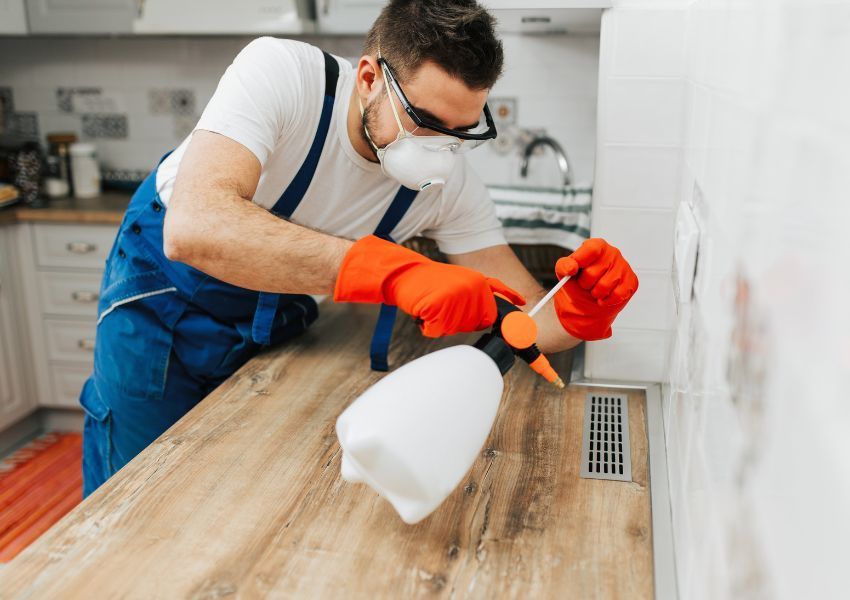
This includes regular inspections and promptly addressing any infestations that may arise. Encouraging tenants to maintain cleanliness and report pest issues promptly can also play a significant role in prevention.
Paint Safety
Paint safety is a critical aspect of maintaining a safe rental property environment. Firstly, it's essential to be vigilant in identifying lead-based paint hazards, especially in older properties. Regular inspections can help detect potential risks associated with lead-based paint, which can be harmful, particularly to children and pregnant women.
Secondly, strict compliance with lead paint disclosure regulations is non-negotiable. Ensure that you follow all local and federal regulations when it comes to disclosing the presence of lead-based paint to tenants, providing them with the necessary information to make informed decisions.
Appliance Maintenance
Proper appliance maintenance in your rental property is essential for the safety and satisfaction of your tenants, as well as the longevity of your appliances. Regular inspections and upkeep can prevent unexpected breakdowns.
Incorporate a schedule for routine appliance maintenance into your property management plan. This may involve cleaning the properties filters, coils, and vents, as well as checking for any loose electrical connections or water leaks. Address any maintenance or repair needs promptly to prevent costly headaches down the line.
Bottom Line
Ensuring that your rental property meets safety standards is not just a legal obligation; it's a commitment to providing a secure and comfortable living environment for your tenants.
It's imperative to stay informed about the ever-evolving safety regulations and codes, schedule regular inspections, and proactively address safety concerns.
For expert guidance on property management and safety standards, consider reaching out to Advantage Realty Services. Contact us to learn more about how we can assist you in maintaining a secure and compliant rental property!

